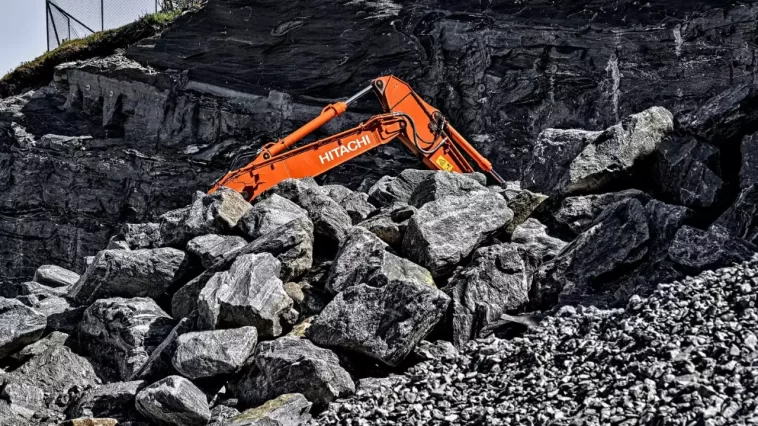The Union Mines Ministry has announced a significant lithium discovery in Jammu and Kashmir. The rare earth mineral is essential for the production of electric vehicles, specifically batteries. This is India’s first major discovery of lithium reserves at 5.9 million tonnes.
The quantity of lithium discovered is significant for India because it is comparable to the global average.
Akshay Kashyap, managing director of Greenfuel Energy Solutions Pvt. Ltd., stated that the Lithium reserves discovered in Jammu and Kashmir by the Geological Survey of India (GSI) is one of the most important metals currently used in electric vehicle (EV) batteries. Currently, India imports approximately 70% of its lithium requirements from countries such as China and Hong Kong.
“By exploiting the potential of the lithium reserves in Jammu and Kashmir, India could reduce its reliance on foreign countries, thereby becoming truly “Atmanirbhar,” while also creating jobs, generating revenue, and advancing its renewable energy goals. The plan for India to increase EV penetration by 30 percent by 2030 heavily relies on it. This important discovery by GSI can help increase the production of lithium-ion batteries and will put India on track to achieve its goal of reaching net zero emissions by 2070 “he added.
Chile has the world’s largest lithium reserves at 9.2 million tonnes, followed by Australia with 5.7 million, China with 1.5 million, Brazil with 95,000, and Portugal with 66,000. Now unquestionably, the amount discovered here is a competitive one.
It is an important mineral because it ion batteries are used in electric vehicles. India has recently sought to increase its supply of key minerals, such as lithium, which will be essential for the advancement of its electric vehicle plans.
Cobalt, nickel, and lithium, which are utilised in electric vehicles, have been primarily imported by India up until now. So it could also be a step towards independence.
However, a great deal depends on how much of it is actually discovered and refined, as this is the structure of the value chain. Then, it is sent to refinement self-production, followed by module assembly, and then to OEMs. Consequently, there are a great number of steps that must be completed right now.
Also read this:Vande Bharat Express in Telangana was pelted with stones.
india aims to increase its EV market share by 30 percent by 2030. Currently, it is only 1 percent. Therefore, achieving lithium mining self-sufficiency could be a crucial step in the push towards electric vehicles if we achieve it.




